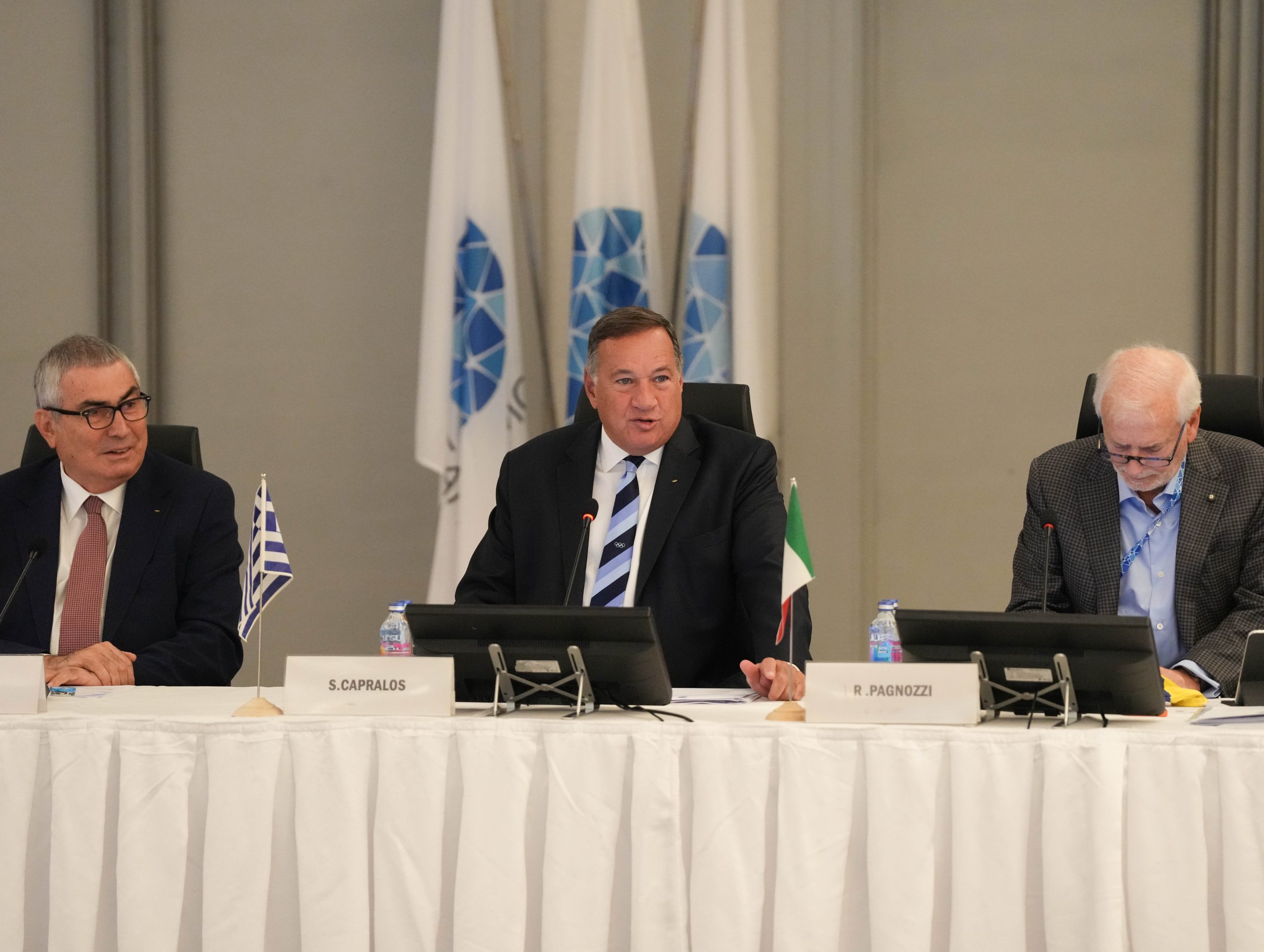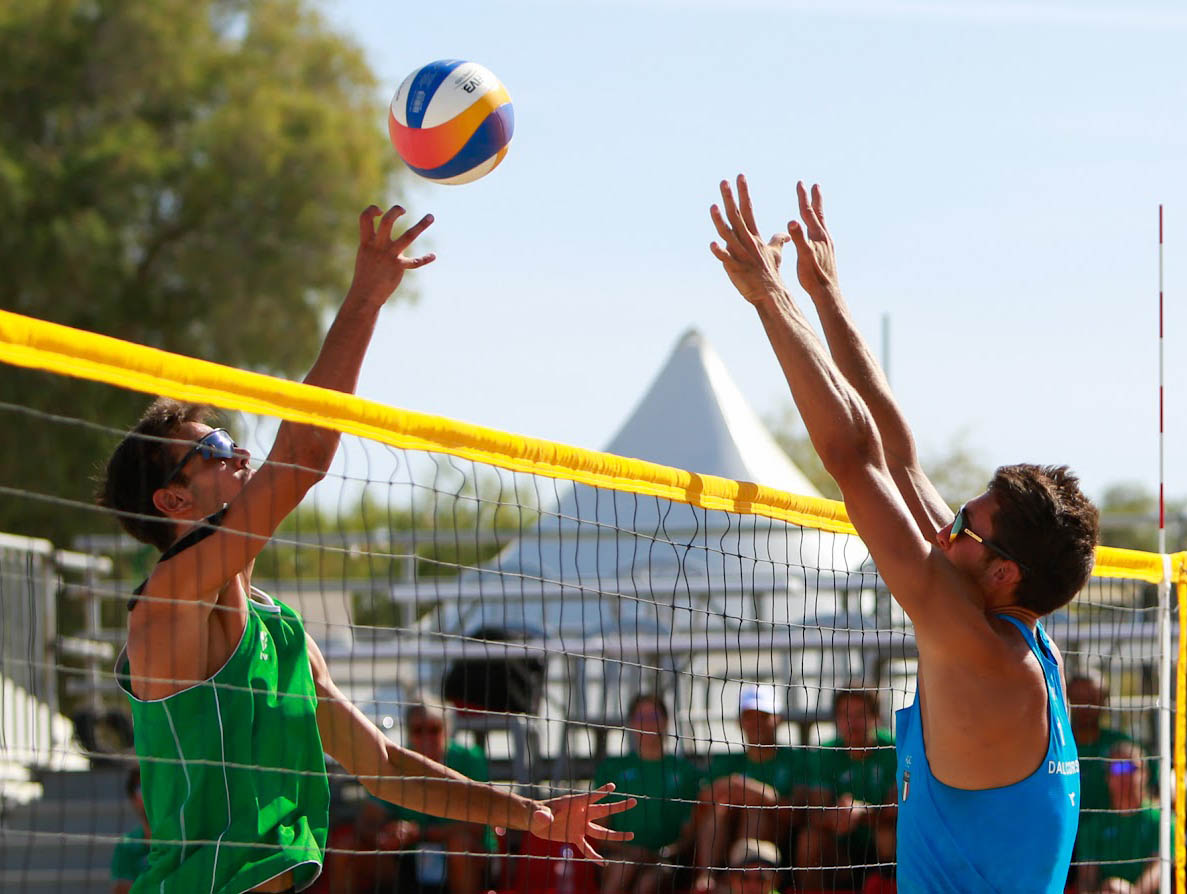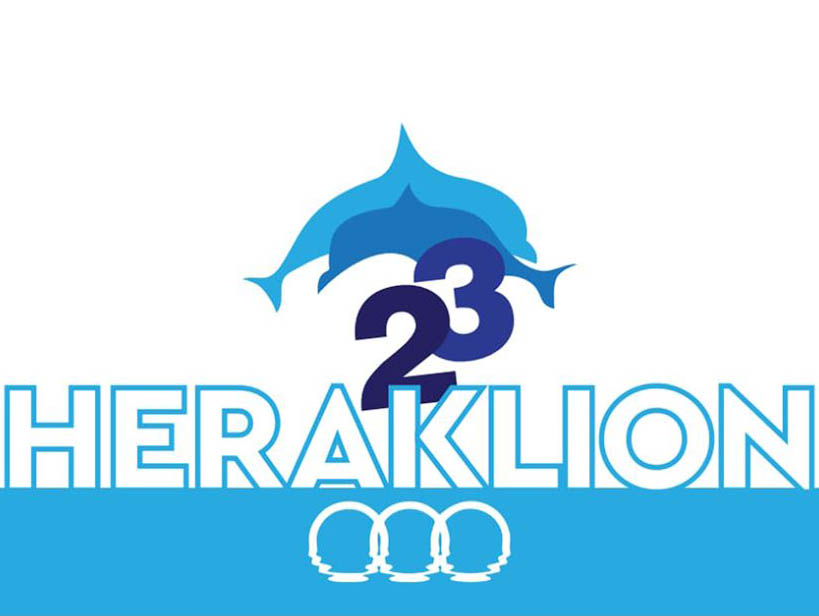1. Irish Council Presidency
On 1st January 2004 Ireland took over the Council Presidency of the European Union from Italy. One outstanding event of the next six months will be the enlargement of the EU. On 1st May 2004, 10 new States are to join the Union; the Community will then have 25 Member States.
In addition to the successful enlargement, the Irish Presidency has, according to the motto Europeans working together, set itself the overriding aim of continuing to pursue the Lisbon strategy, developing the Union into a region of freedom, security and justice, and global commitment outside of the Union. In the sphere of sport, the focal point for the Irish Council Presidency is the implementation of the European Year of Education through Sport. The European opening ceremony for this will take place on 29th and 30th January in Dublin.
2. Consolidation of cooperation between the EU and China
The European Commission and the Peoples Republic of China intend to deepen their cooperation in the spheres of culture, audiovisual media, general education and vocational training and Youth and Sport. This was announced by Mrs Viviane Reding, EU Commissioner for Education and Culture, and by the Chinese Minister for Culture, Mr Sun Jiazheng.
Increased cooperation should, in particular, promote mutual understanding and strengthen the position of the EU and China in a global economy and society. Discussions and visits to take place annually should enable areas of cooperation to be identified. The measures also include holding information meetings on sports policy, in particular regarding issues of doping and the protection of young athletes. Exchanges between the organisers of the Olympic Games in Peking and the promoters of earlier games in European cities should also be encouraged.
3. Agreement on allocation of broadcasting rights for Premier League
The European Commission, Directorate General Competition has been able to reach a provisional agreement with the British Football Association Premier League regarding a new allocating procedure in relation to the allocation of media rights for the Premier League. The Premier League has now confirmed that, as from the 2006 season, first division games can, for the first time, be broadcast live by at least two television channels. This means that, in future, the situation of one television company receiving all the transmission rights will be ruled out.
The Commission was even able to reach a provisional agreement with the television channel BSkyB. As from next season, BSkyB will already be sublicensing up to eight top games per season to another broadcasting company. With this arrangement, the Commission hopes that, for the first time, free-to-view channels will also be given a realistic opportunity to broadcast first division games live.
In the Commissions view, the agreed two-stage reform increases the freedom of choice of British consumers, as top Premier League games can now also be followed via free-to-view channels. In addition, clubs will be allowed to adapt their regulations to the new allocating procedure during appropriate transition periods.
Competition Commissioner Monti viewed the agreement reached to date as a sign that the application of the competition rules to the sport ensures a balance between the interests of the fans and the needs of the leagues and clubs.
4. German and French representation of interests for water sports
On 11 December 2003 the German and French water sports federations represented their common position towards the European Commission concerning the Bathing Water Directive. The directive aims to create common quality standards for bathing water in the EU member states. During its current revision it is discussed to include also water sports in the regulations. These ambitions are supported neither by the German nor by the French representatives even if they acknowledge the efforts to improve the quality standards of the bathing water on behalf of their athletes.
As there is a lack of research about health risks in connection with an insufficient water quality during the practice of different water sports it seems too early for any regulations in this field. For them it is also inadequate to compare the exposure to water during bathing with the one during water sports. Moreover the diverse kinds of water sports are very different among themselves. The directive is missing those modifications so far. In their opinion an extension of the directive would furthermore cause economical, social and environmental disadvantages as for instance decreases in the sectors of tourism and employment. The blocking of water sports areas would lead to an exercise on a very limited and thus stressed terrain.
These arguments could be brought forward directly during the meeting with the European Commission. Moreover the European Commission agreed upon a closer co-operation with the representatives of sports concerning the revision of the Bathing Water Directive.
There is still a need to clarify if surfing and sail boarding should be included in the directive as the European Commission thinks that the exposure to water during these sports is quite high.
According to the current state the final adoption of the Bathing Water Directive will not happen before 2005.

















